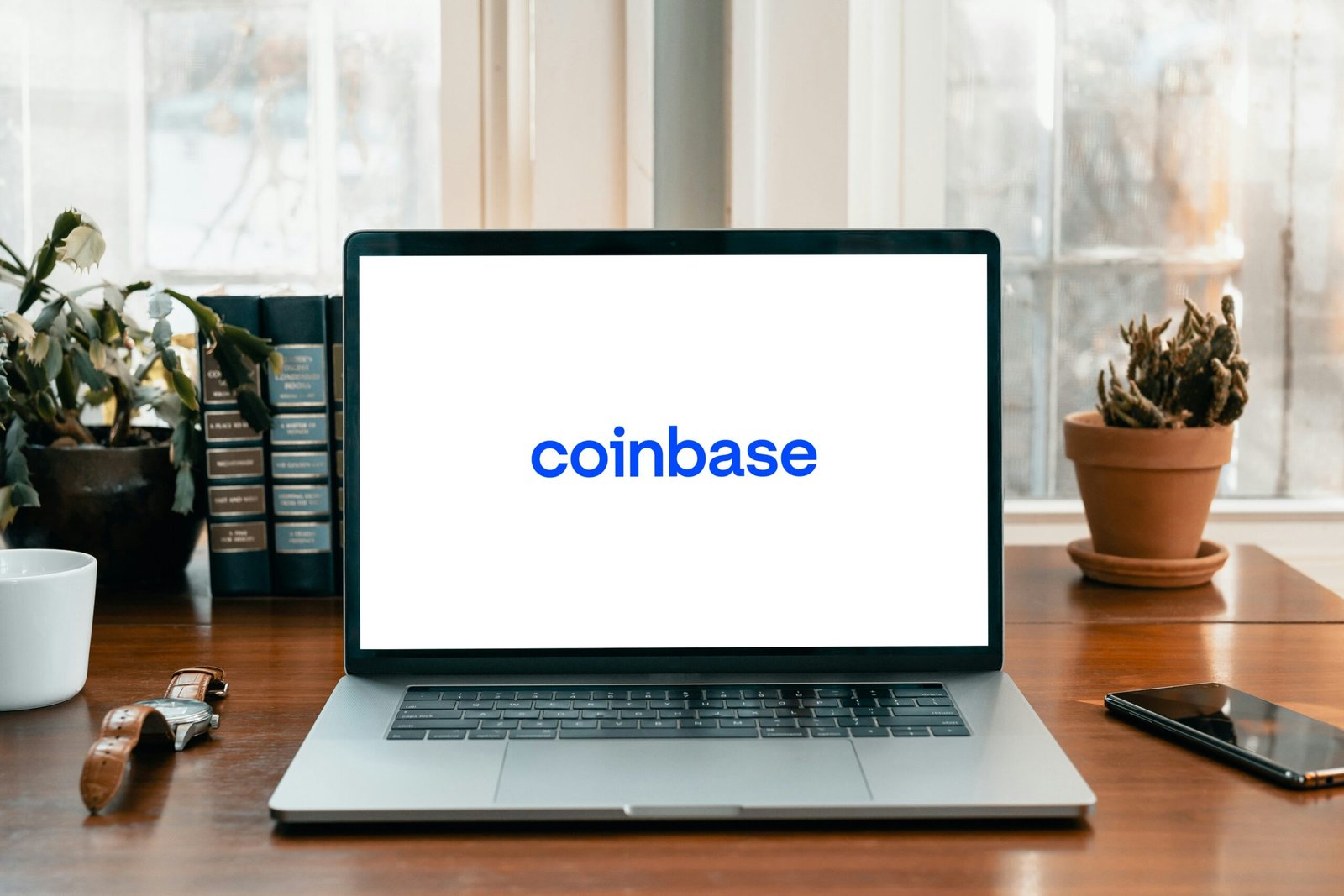
Moreover, Solana’s security measures are robust, ensuring that users’ transactions and data are protected. The platform utilizes a combination of cryptographic techniques and decentralized consensus to maintain the integrity of the network. This helps to prevent unauthorized access and manipulation of data, providing users with peace of mind when using Solana for their transactions.
Additionally, Solana has a vibrant and active community. The platform has garnered support from various industry players, including developers, investors, and users. This thriving community contributes to the growth and development of Solana, as members collaborate, share knowledge, and build innovative solutions on the platform.
As Solana continues to evolve, it aims to expand its ecosystem by partnering with other projects and platforms. By fostering collaborations and integrations, Solana seeks to create a robust and interconnected blockchain ecosystem that offers a wide range of applications and services to its users.
In conclusion, Solana is a high-performance blockchain platform that offers fast, secure, and scalable solutions for decentralized applications and cryptocurrency transactions. With its unique features such as high throughput, scalability, low fees, and a developer-friendly environment, Solana has positioned itself as a leading player in the blockchain industry. As it continues to grow and innovate, Solana is poised to make a significant impact on the future of decentralized finance and blockchain technology.
The Utility of Sol Token
The native cryptocurrency of the Solana blockchain is called SOL. SOL has several utilities within the Solana ecosystem:
1. Governance
SOL token holders have the ability to participate in the governance of the Solana network. They can vote on proposals and decisions that affect the future development and direction of the platform. This gives token holders a say in the decision-making process and helps ensure a decentralized and community-driven ecosystem.
2. Transaction Fees
SOL tokens are used to pay for transaction fees on the Solana network. Whenever a user sends a transaction or interacts with a dApp on Solana, they need to pay a small fee in SOL. This helps prevent spam and malicious activities on the network while incentivizing validators to secure the network.
3. Staking and Validator Rewards
SOL token holders can stake their tokens to support the Solana network and earn rewards in return. By staking SOL, users contribute to the security and stability of the network, and in exchange, they receive additional SOL tokens as a reward. This mechanism encourages token holders to actively participate in the network and helps maintain its integrity.
4. DApp Usage
SOL tokens can also be used within decentralized applications built on the Solana platform. Some dApps may require users to hold and use SOL tokens for various purposes, such as accessing certain features, participating in token sales, or engaging in decentralized finance (DeFi) activities.
5. Investment and Speculation
Like many other cryptocurrencies, SOL can be bought, sold, and traded on various cryptocurrency exchanges. Some individuals may choose to hold SOL as an investment, speculating on its potential future value. However, it’s important to note that cryptocurrency investments come with risks and should be approached with caution.
In summary, SOL is the native cryptocurrency of the Solana blockchain and has multiple utilities within the ecosystem. It is used for governance, transaction fees, staking and earning rewards, dApp usage, and investment purposes. As the Solana platform continues to grow and gain adoption, the utility and value of SOL are expected to increase.
6. Decentralized Finance (DeFi) Applications
In addition to its usage within decentralized applications, SOL tokens also play a crucial role in the emerging field of decentralized finance (DeFi) on the Solana blockchain. DeFi applications aim to provide financial services and products without the need for intermediaries, such as banks or traditional financial institutions.
With the rise of DeFi, SOL tokens can be used for various financial activities, such as lending, borrowing, yield farming, and liquidity provision. Users can leverage their SOL holdings to access these decentralized financial services and potentially earn passive income through interest or trading fees.
This integration of SOL tokens into the DeFi ecosystem not only expands the utility of the token but also enhances the overall financial capabilities of the Solana blockchain. It enables users to access a wide range of financial services in a permissionless and decentralized manner, empowering individuals to have greater control over their own finances.
As the DeFi space continues to grow and innovate, SOL tokens are likely to become even more valuable and sought after. The ability to participate in DeFi activities using SOL further strengthens the case for holding and utilizing the token within the Solana ecosystem.
- #Mumbai
- #Delhi
- #Bangalore
- #Kolkata
- #Chennai
- #Hyderabad
- #Pune
- #Ahmedabad
- #Jaipur
- #Surat
- #Lucknow
- #Kanpur
- #Nagpur
- #Patna
- #Indore
- #Thane
- #Bhopal
- #Visakhapatnam
- #Vadodara
- #Firozabad



